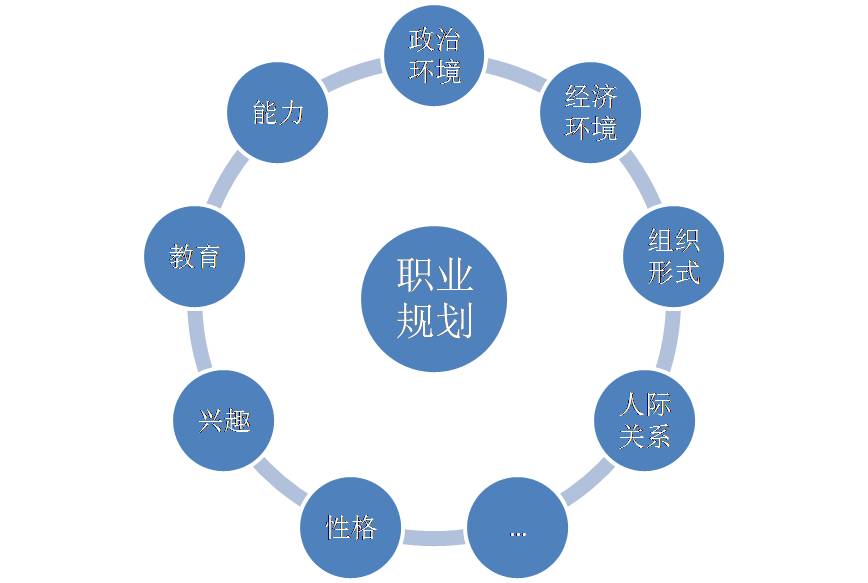Title: Reducing Plastic Use for a Healthier Environment
In recent years, the detrimental effects of plastic waste on our environment have become increasingly evident. From oceans choked with plastic debris to wildlife harmed by mistakenly ingesting plastic items, the need to reduce our reliance on single-use plastics is more pressing than ever before. We should use less plastic in our lives, not only because it is a matter of environmental responsibility but also due to its impact on human health and the economy.
Firstly, plastic pollution has been linked to various environmental challenges such as global warming. Plastic production is a petroleum-intensive process, contributing significantly to greenhouse gas emissions. Moreover, when plastic ends up in landfills or oceans, it can take hundreds of years to break down, causing long-term damage to ecosystems and releasing harmful chemicals into the soil and waterways.
Secondly, using less plastic can have direct benefits for human health. Some plastic products contain chemicals like BPA (bisphenol A), which can leach into food and beverages, especially when heated. These chemicals have been associated with a range of health issues, including hormonal imbalances, developmental problems, and increased risk of certain cancers. By reducing our use of plastic containers and packaging, we can minimize our exposure to these potentially harmful substances.
Furthermore, excessive plastic consumption places a strain on our economic resources. Municipalities spend millions of dollars each year managing plastic waste that could be diverted from landfills through reduction and recycling efforts. In addition, the cost of cleaning up plastic pollution from our parks, beaches, and waterways is staggering, with taxpayers often bearing the brunt of these expenses.
Fortunately, there are many practical steps we can take to reduce our plastic footprint. We can start by using reusable bags, bottles, and containers instead of disposable ones. Opting for products with minimal or no plastic packaging is another effective strategy. Additionally, we should support businesses that prioritize sustainability by using biodegradable or compostable materials.
In conclusion, we must recognize that reducing our use of plastic is essential for protecting our environment, safeguarding our health, and preserving our economic resources. By making conscious choices and advocating for systemic changes, we can collectively make a significant impact in creating a cleaner, healthier world for ourselves and future generations.
In recent years, the detrimental effects of plastic waste on our environment have become increasingly evident. From oceans choked with plastic debris to wildlife harmed by mistakenly ingesting plastic items, the need to reduce our reliance on single-use plastics is more pressing than ever before. We should use less plastic in our lives, not only because it is a matter of environmental responsibility but also due to its impact on human health and the economy.
Firstly, plastic pollution has been linked to various environmental challenges such as global warming. Plastic production is a petroleum-intensive process, contributing significantly to greenhouse gas emissions. Moreover, when plastic ends up in landfills or oceans, it can take hundreds of years to break down, causing long-term damage to ecosystems and releasing harmful chemicals into the soil and waterways.
Secondly, using less plastic can have direct benefits for human health. Some plastic products contain chemicals like BPA (bisphenol A), which can leach into food and beverages, especially when heated. These chemicals have been associated with a range of health issues, including hormonal imbalances, developmental problems, and increased risk of certain cancers. By reducing our use of plastic containers and packaging, we can minimize our exposure to these potentially harmful substances.
Furthermore, excessive plastic consumption places a strain on our economic resources. Municipalities spend millions of dollars each year managing plastic waste that could be diverted from landfills through reduction and recycling efforts. In addition, the cost of cleaning up plastic pollution from our parks, beaches, and waterways is staggering, with taxpayers often bearing the brunt of these expenses.
Fortunately, there are many practical steps we can take to reduce our plastic footprint. We can start by using reusable bags, bottles, and containers instead of disposable ones. Opting for products with minimal or no plastic packaging is another effective strategy. Additionally, we should support businesses that prioritize sustainability by using biodegradable or compostable materials.
In conclusion, we must recognize that reducing our use of plastic is essential for protecting our environment, safeguarding our health, and preserving our economic resources. By making conscious choices and advocating for systemic changes, we can collectively make a significant impact in creating a cleaner, healthier world for ourselves and future generations.





